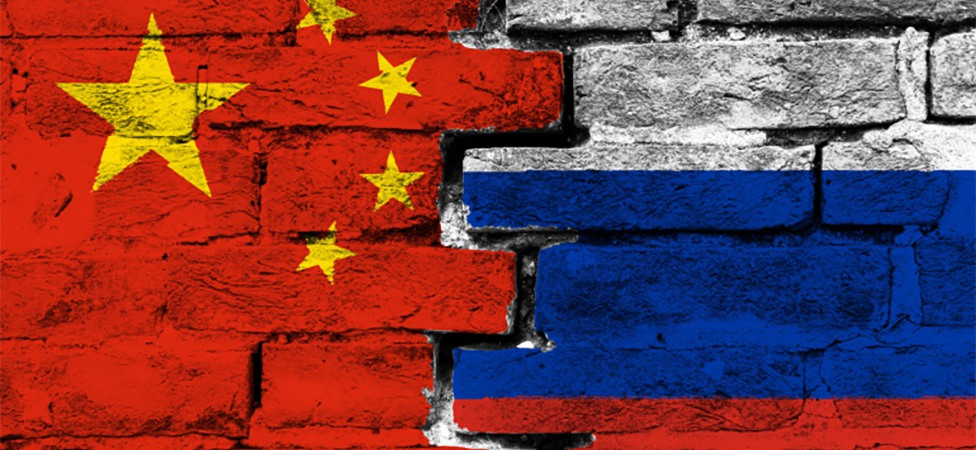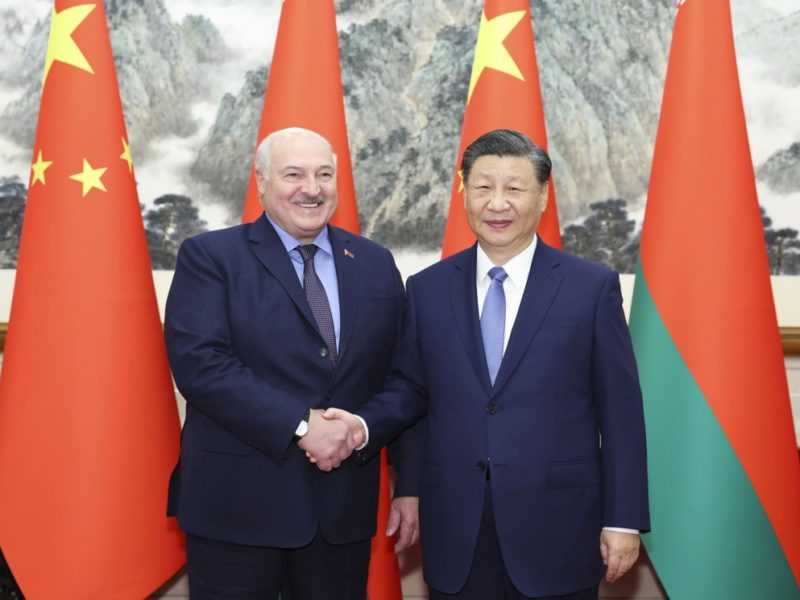The structure and foundations of international law have been commented on and criticized by people across the globe. Some scholars are skeptical about the justice of the international system and criticize it for being power-influenced or West-centric. People from all around the world claim that the system of international law has been created by Westerners, and it does not apply to the cultural position of other nations. For instance, Gathii (2012) explains that the concept of sovereignty was initially created without consideration of African states.
Therefore, the African states did not qualify to be sovereign as their state structure differed from those requirements created at the Treaty of Westphalia in 1648, which became an excuse for colonization. On the other hand, the current form of international order creates norms that depreciate self-centered governments or unregulated international aid, promoting world development and peace.

The world superpowers play a crucial role in the promotion of an international rules-based system and world order. One of the global superpowers is the People’s Republic of China. The international community has often expressed dissatisfaction with the adherence to international laws by China. To understand the attitudes of the PRC towards the international rules-based system and further theorize Chinese actions, it is important to understand Chinese cultural, historical, and diplomatic perspectives on the international order

Firstly, it is crucial to analyze the historical factors influencing the formation of the Chinese perspective and what those perspectives are. Some of the historical events that impacted the formation of Chinese views on international law include the transformative period from the late Qing dynasty to the Republic of China era, the effect of British historiography on the Chinese attitude, the Cold War period, and intricate relational dynamics with the U.S (Yuan, 2024). (Flag of Qing Dynasty)
The transition period from the Qing Dynasty to the Republic of China significantly influenced the formation of the Chinese perspective of international law and how the state positions itself on the global political stage. The adoption of Marxist ideas shaped the tone of the further development of Chinese ideas. Also, British perspectives and colonial influences played a role in forming China as a significant political actor in international law. Moreover, cooperation with the Soviet Union and the intricate relational dynamics with the United States supported the establishment of an international system where China positions itself as one of the leading powers. Two key features of the Chinese traditional approach to international relations and law are based on the normative-ideological dimension, supported by Confucian views, and a power-based or interest-maximizing dimension, supported by legalist views (deLisle, 2000). While the normative dimension focuses on the force of a moral standpoint and informal norms of behavior, the power-based dimension stresses the importance of external force and state power for compliance. These approaches are reflections of Western notions of idealism and realism. During imperialism, China developed a Sinocentric approach to international order, highlighting the normative-ideological dimension of the moral importance of the Chinese emperor. Later, during the nineteenth century, with the development of Western ideas of international order, China had to interact with and tolerate imposed norms on the international stage. However, Chinese scholars did not hesitate to criticize the Western international order, stressing Chinese moral superiority and accusing Western powers of pursuing personal interests with these laws. During the Soviet period, as befits a Soviet state, the Chinese condemned the Western, bourgeois international order while embracing socialist international law. Lastly, rapid economic growth and increased political influence in the post-Mao era raised Chinese engagement with international law (Zuo, 2018). However, strong normativism and state-interest approach effectively described the Chinese approach to “rules-based international order”.
In addition, understanding the modern Chinese views on International order is essential for analyzing of the Country’s approach towards international developmental aid and infrastructure projects. Fundamental principles and concepts of the Chinese approach to international law are based on the Five Principles of Peaceful Coexistence (Gorian & Gorian, 2015).

These principles were adopted at the Bandung Summit on Afro-Asian Solidarity in 1955. The Five Principles of Peaceful Coexistence include Mutual respect for each other’s territorial integrity and sovereignty, Mutual non-aggression, Mutual non-interference in each other’s internal affairs, Equality and cooperation for mutual benefit, and Peaceful co-existence. These principles are considered to be fundamental in the formation of the Chinese approach to international law. China has used these principles to resolve various border disputes and promote equality, peace, and development. However, in the traditional Chinese views, the law is seen as a tool to promote self-interest (Ruhlig, 2018). As seen in the disputes over the South China Sea, China carefully studies international laws and interprets them to suit its interests. In this case, the state challenged the jurisdiction of international tribunals and reinterpreted historical treaties to maximize its control over the region. While adhering to specific obligations under international law for economic and reputational benefits, the country also strategically interprets and utilizes legal norms to advance its interests, demonstrating a nuanced and pragmatic approach to reconciling traditional values with modern legal norms (Sheikh, 1973).
References:
1. Gathii, J. T. (2012). Africa. In Fassbender, B., and Peters, A. (eds), Regions – Africa and Arabia. The Oxford Handbook of the History of International Law. https://doi.org/10.1093/law/9780199599752.003.0018.
2. Gorian, E., & Gorian, K. (2015). Chinese conception of international law as the response to the challenges of today. Mediterranean Journal of Social Sciences. https://doi.org/10.5901/mjss.2015.v6n3p236
3. deLisle, J. (2000). China’s Approach to International Law: A Historical Perspective. Proceedings of the Annual Meeting (American Society of International Law), 94, 267–275. http://www.jstor.org/stable/25659409
4. Ruhlig, T. (2018). How China approaches international law: Implications for Europe. European Institute for Asian Studies. https://www.eias.org/wp-content/uploads/2016/03/EU_Asia_at_a_Glance_Ruhlig_2018_China_International_Law.pdf
5. Sheikh, A. (1973). The Peoples’ Republic of China and International Law. The International Lawyer, 7(4), 770–787. http://www.jstor.org/stable/40704832
6. Yuan, D. (2024). Histories of international law in China all under heaven? Centre for Chinese and Comparative Law. https://www.cityu.edu.hk/slw/lib/doc/CCCL/2023110910_HISTORIES_OF_INTERNATIONAL_LAW_IN_CHINA_ALL_UNDER_HEAVEN.pdf
7. Zuo, A. (2018). China’s Approaches to the Western-dominated International Law: A Historical Perspective from the Opium War to the South China Sea Arbitration Case. University of Baltimore Journal of International Law, 6(1). https://scholarworks.law.ubalt.edu/ubjil/vol6/iss1/3



